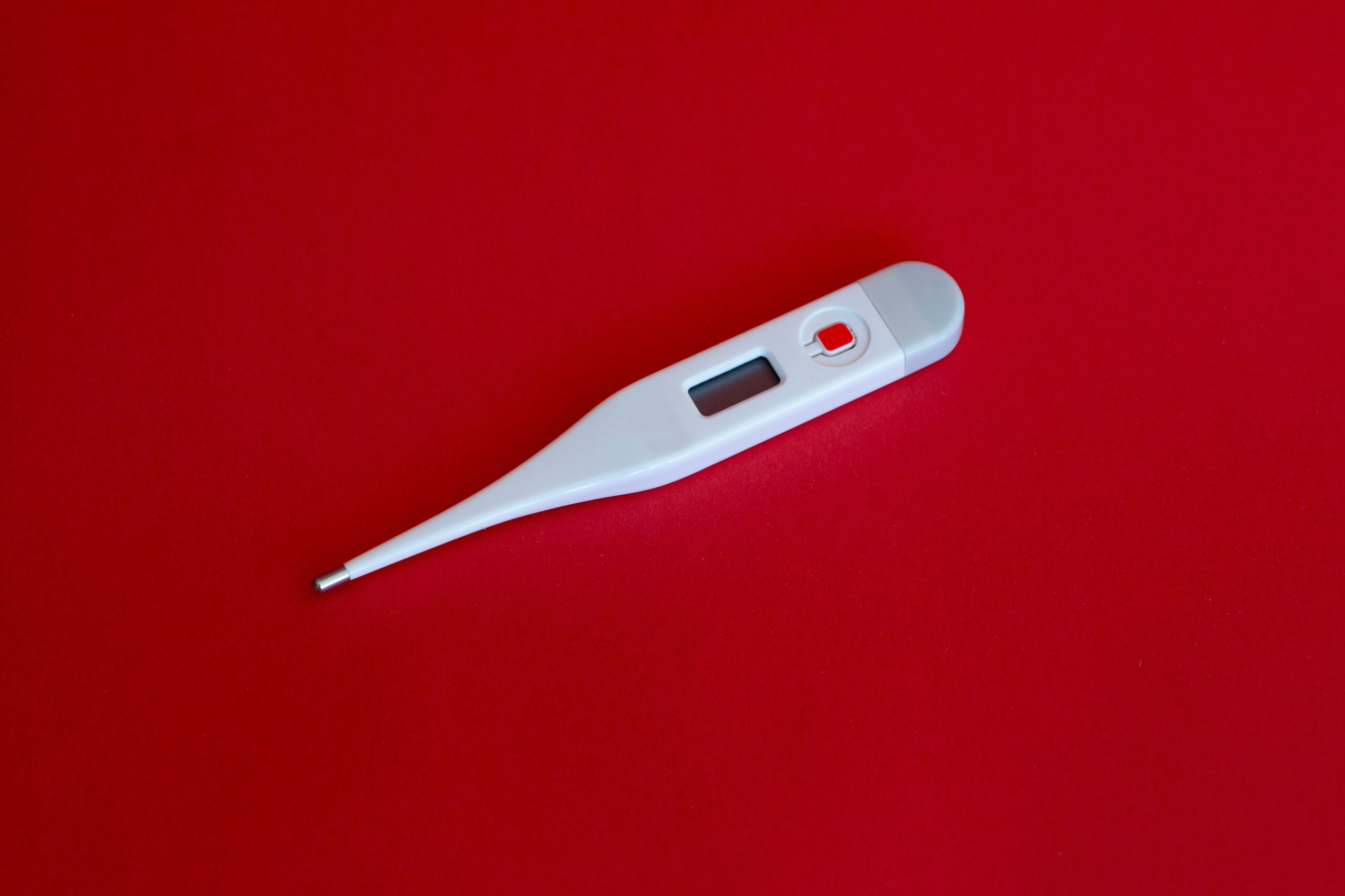Hypothyroidism and dyslipidemia are two medical conditions that often go hand in hand. Hypothyroidism, also known as an underactive thyroid, occurs when the thyroid gland does not produce enough thyroid hormones. Dyslipidemia, on the other hand, refers to abnormal levels of lipids (fats) in the blood, including cholesterol and triglycerides.
The thyroid gland plays a crucial role in regulating the body’s metabolism, including the production and breakdown of lipids. When the thyroid gland is not functioning properly, it can lead to imbalances in lipid levels, resulting in dyslipidemia.
The Impact of Hypothyroidism on Lipid Levels
Thyroid hormones, particularly thyroxine (T4) and triiodothyronine (T3), play a significant role in lipid metabolism. These hormones help regulate the synthesis, breakdown, and clearance of lipids in the body.
In individuals with hypothyroidism, the reduced production of thyroid hormones can lead to several changes in lipid metabolism, including:
- Elevated levels of total cholesterol
- Increased levels of low-density lipoprotein (LDL) cholesterol, often referred to as “bad” cholesterol
- Decreased levels of high-density lipoprotein (HDL) cholesterol, often referred to as “good” cholesterol
- Elevated levels of triglycerides
These lipid abnormalities can increase the risk of developing atherosclerosis, a condition characterized by the buildup of plaque in the arteries, leading to an increased risk of cardiovascular diseases such as heart attacks and strokes.
The Link Between Hypothyroidism and Dyslipidemia
Several mechanisms contribute to the association between hypothyroidism and dyslipidemia:
- Decreased Lipid Clearance: Hypothyroidism slows down lipid clearance from the bloodstream, leading to elevated lipid levels.
- Altered Lipid Synthesis: Reduced thyroid hormone levels can disrupt the synthesis of lipids, resulting in imbalances.
- Increased Cholesterol Absorption: Hypothyroidism can increase the absorption of dietary cholesterol, leading to higher levels in the blood.
- Impaired Lipoprotein Function: Thyroid hormones play a role in the structure and function of lipoproteins, which transport lipids in the bloodstream. Hypothyroidism can impair lipoprotein function and metabolism.
It is important to note that not all individuals with hypothyroidism will develop dyslipidemia, and the severity of dyslipidemia can vary among those affected. Other factors, such as diet, lifestyle, and genetic predisposition, can also influence lipid levels.
Managing Hypothyroidism and Dyslipidemia
Proper management of hypothyroidism is crucial in controlling dyslipidemia. The primary treatment for hypothyroidism is hormone replacement therapy, which involves taking synthetic thyroid hormones to restore normal thyroid function.
By effectively treating hypothyroidism, it is possible to improve lipid levels and reduce the risk of cardiovascular complications associated with dyslipidemia.
In addition to thyroid hormone replacement therapy, lifestyle modifications can also help manage dyslipidemia. These include:
- Following a heart-healthy diet low in saturated and trans fats
- Incorporating regular exercise into the daily routine
- Maintaining a healthy weight
- Avoiding smoking and excessive alcohol consumption
Regular monitoring of lipid levels is essential to assess the effectiveness of treatment and make any necessary adjustments.
Conclusion
Hypothyroidism and dyslipidemia are interconnected conditions that require proper management to minimize the risk of cardiovascular complications. Understanding the relationship between these two conditions highlights the importance of thyroid function in maintaining lipid balance within the body.
If you suspect you may have hypothyroidism or dyslipidemia, it is essential to consult with a healthcare professional for an accurate diagnosis and appropriate treatment.


